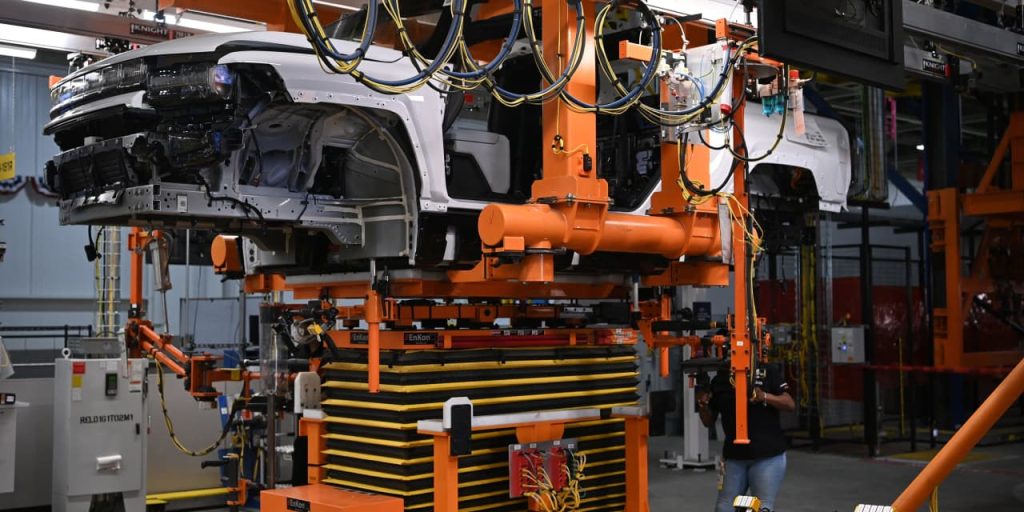The Chinese government is planning additional controls on exports of graphite, in another example of U.S.-China trade tensions.
Graphite is a key electric-vehicle battery component and China is the dominant global supplier. Export controls could raise prices of the material for electric-vehicle makers such as
Tesla
(ticker: TSLA) and intensify the search for alternative sources of graphite.
China has placed export controls on the sale of some types of graphite to foreign customers, effective from Dec. 1, the country’s Ministry of Commerce said Friday in a statement translated by Barron’s using online tools. The move comes just days after the U.S. government tightened controls on exports of advanced semiconductors to China.
“China’s normal adjustment of export controls does not target any specific country or region, and exports that comply with relevant regulations will be permitted,” the spokesperson for China’s Ministry of Commerce said.
China this year is expected to produce 61% of the global supply of natural flake graphite and 92% of the processed material used for battery anodes, according to Benchmark Mineral Intelligence.
“You would expect this is the trigger for the rise of anode plants outside of China,” said Benchmark’s CEO Simon Moores.
China’s export controls will cover high-purity and high-density synthetic graphite material, and natural flake graphite.
Tesla
and other EV manufacturers already have moved to secure supplies of graphite outside of China. Earlier this year, Tesla signed a supply deal with Magnis Energy Technologies (MNS.Australia), which produces graphite concentrate in Tanzania.
However, China’s move could still raise graphite prices across the industry, depending on how they are implemented. Shares in graphite company
Syrah Resources
(SYR.Australia)—which also is a Tesla supplier—rose 16% in Sydney on Friday.
Tesla shares were down 2.3% on Friday. The stock closed down 9.3% on Thursday after Tesla’s third-quarter earnings missed Wall Street expectations.
Write to Adam Clark at [email protected]
Read the full article here
